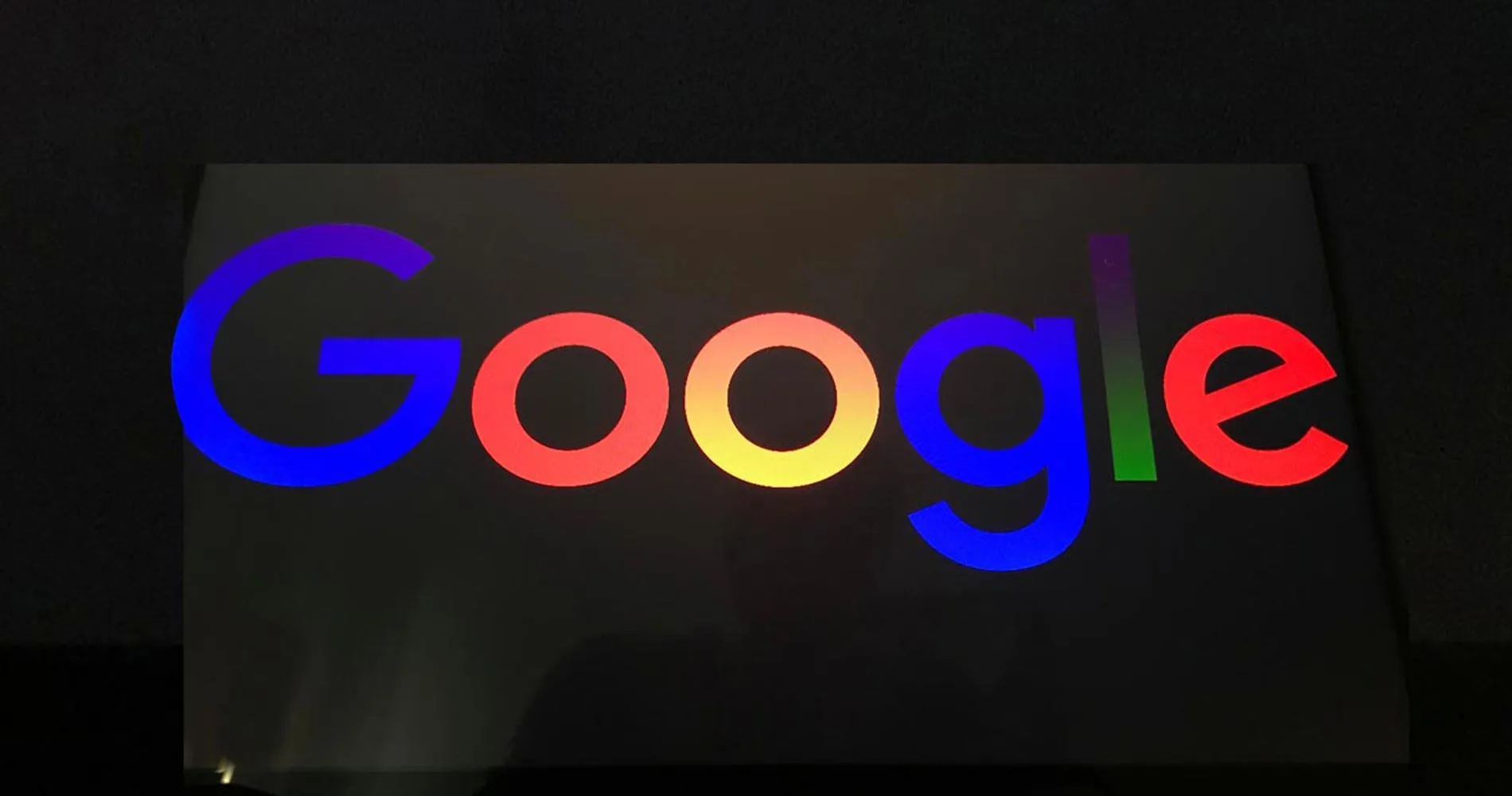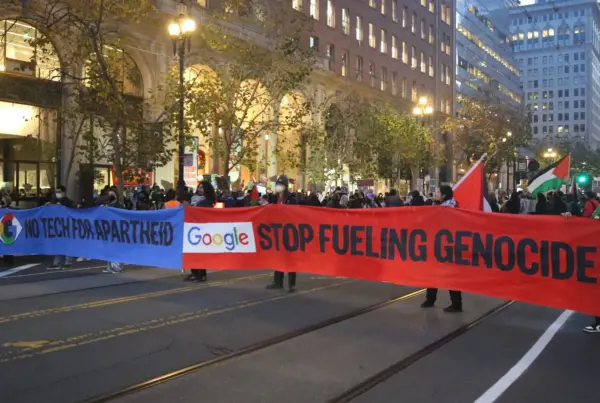The DOJ is clamping down on Google’s search engine monopoly. This trial which began in Washington DC in September 2023 has the potential to blow up the search engine industry, similar to the 1984 AT&T decision. The stakes are high on both sides and the decision by a single judge, expected in mid-2024, will potentially shake and break Google’s core search engine business.
Daniel Garcia, 5 January 2024
Some of the many brand names that have entered the English language are Kleenex, Xerox, Kool-Aid and Pampers. These words have become the generic term for the prodcut, the dream of every marketing executive. Yet none of these words are as common as Alphabet’s former name, Google.
According to Google’s Ngram Viewer, the word “google” is now more common than the word “search”. How do I know this? I just googled it! And what’s not to like? It is free, provides almost universal access and is easy to use. It is constantly updated, and both users and experts agree that it is significantly better than the alternatives (at least when used in a phone along with location and personal data).
The verdict in the Epic v. Google trial was handed down on 12 December. Contrary to the Epic v. Apple case two years ago, the court determined that Google turned its Google Play app store and Google Play Billing service into an illegal monopoly. The judiciary is clamping down on Big Tech monopolies and so is the US government.
The Biden administration’s rising star, Lina Khan, has set out to score a victory against Google’s search engine monopoly. She is a young lawyer who has made a name for herself by offering a fresh perspective on how to stop Big Tech from getting bigger. She was appointed by President Biden in March 2021 as the new commissioner of the FTC (Federal Trade Commission) and has since invested considerable political capital in a lawsuit targeting Google’s “monopoly” on search engines.
The trial began at the US District Court for the District of Columbia on 12 September 2023, with final arguments set for the beginning of May 2024, under presiding Judge Amit Metha. This case was filed under the Trump administration and was the first of four cases, two under Trump and two under Biden, aimed at reducing the power of Big Tech.
The US Department of Justice (DOJ), along with other plaintiffs, have accused Google of restricting competition by limiting users’ ability to choose effectively and engaging in vertical restraints with smartphone makers, browsers and telecom providers to ensure that the word Google does not leave our vocabulary any time soon.
A vertical restraint are contractual restrictions between companies operating at different levels in the supply chain, e.g. between a producer and a retailer. In particular, DOJ questioned Alphabet’s vertical agreements with Apple, whereby Apple receives a portion of Google’s advertising revenue (approximately $30 billion per year in the US alone) in exchange for being the “default” search engine. As a result, many users do not actively consider alternative options, entrenching Google’s dominance. This dominance then translates into access to much more data from users, allowing Google to fine-tune their engine and provide a better service. It is this feedback loop that regulators have targeted as the root cause of Google’s power.
The question for Judge Metha to decide is whether Google’s advantage comes from its use of these vertical agreements. He is in an unenviable position. On the one hand, one can argue that Google is indeed the best product, and since all companies charge zero prices, it is not surprising that its market share is so high. On the other hand, in the absence of these contracts, some consumers might choose alternative search engines, giving them more data and revenue which they can use to further improve their product, thus providing active competition. If Judge Metha finds Google at fault, he will likely impose a hefty fine, but he may also include some structural remedies, such as banning some of these vertical agreements.
The stakes are enormous. If these contracts are deemed illegal, Google may lose some of its revenue, and perhaps some of its competitors will finally flourish, offering alternative services such as stronger privacy (DuckDuckgo) or environmental protection (Ecosia). In addition, suppliers of complementary goods will lose their cash cow. Smartphone manufacturers, internet providers and software companies are able to offer their products at low prices because they derive revenue from the search advertising market.
In the past judges generally ruled against companies in antitrust cases. They did this to protect consumers from price hikes. Companies who offer their services for free, like Google, were not prosecuted. The Epic verdict is proof that the tide has changed. It is safe to assume that Judge Metha will immerse himself in Google’s business model and its effects on both suppliers and consumers, including the actual and potential impacts of Google’s vertical agreements
Ultimately, this case has the potential to be another turning point in the history of monopoly trials. Similar to the 1984 DOJ case which caused the breakup of AT&T into seven regional telecom companies and redefined the entire telecommunications industry, the decision of Judge Metha might have a similar effect on the search engine industry and its Behemoth – Google.







